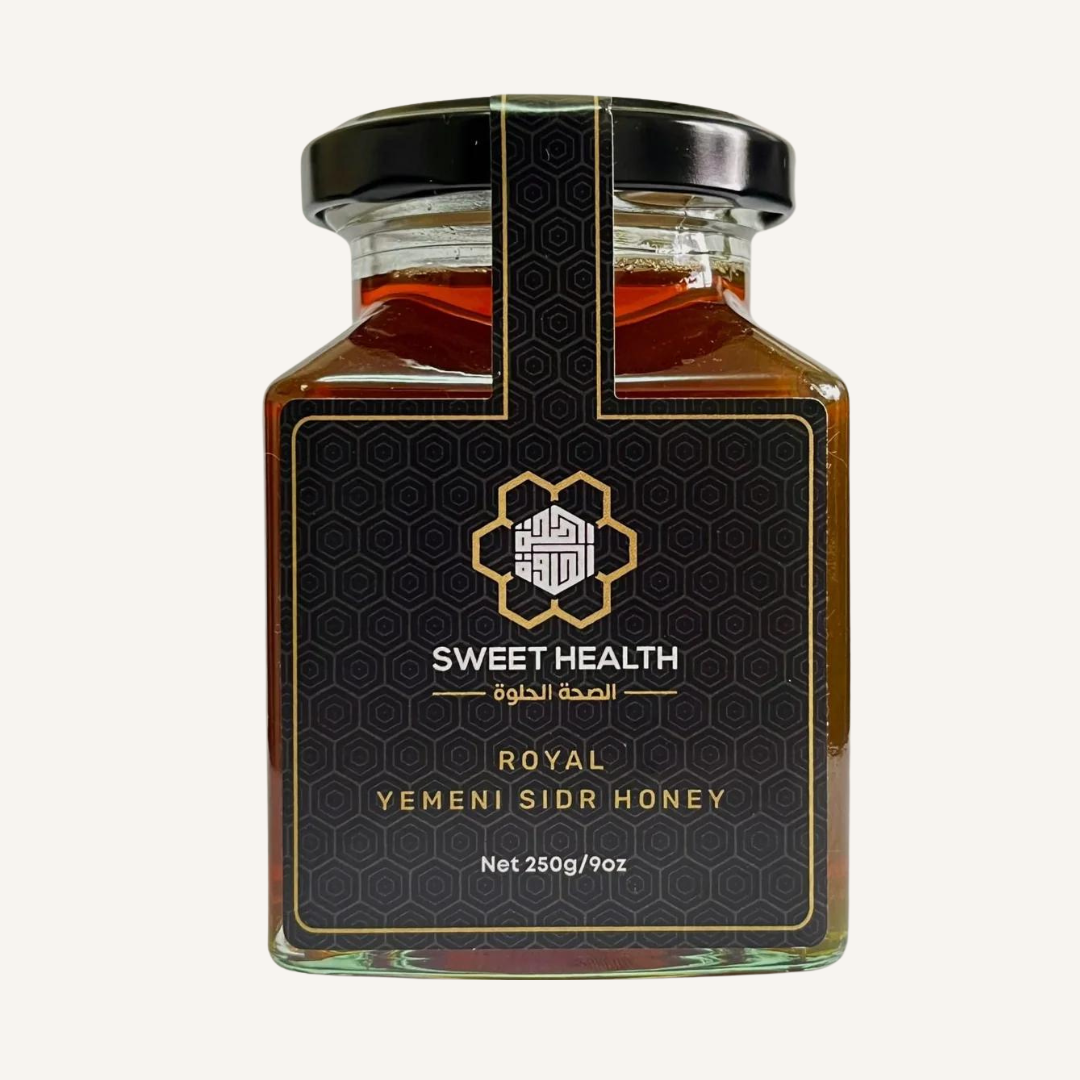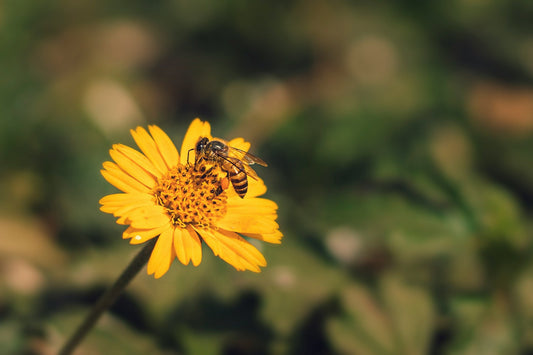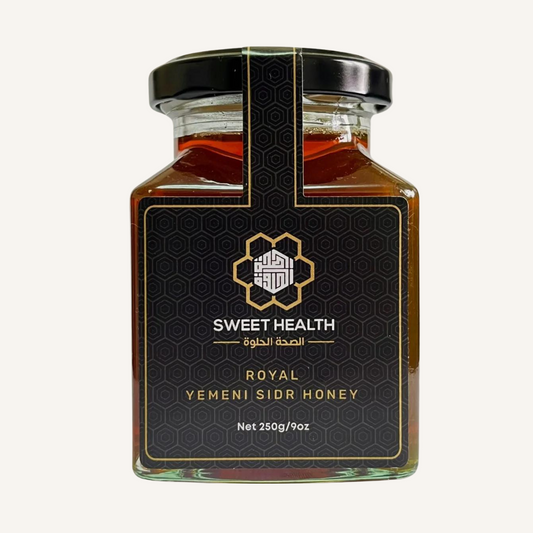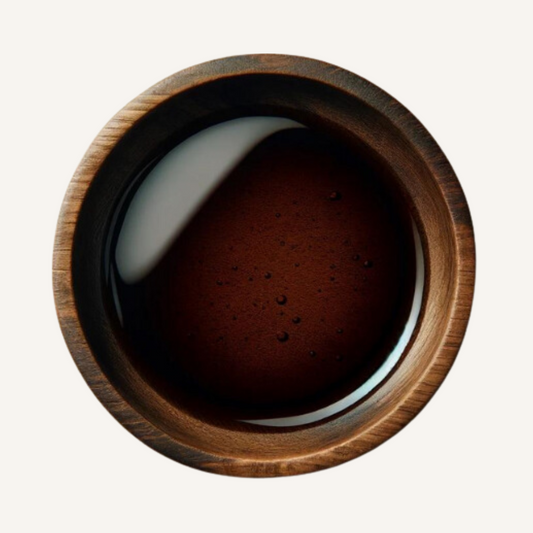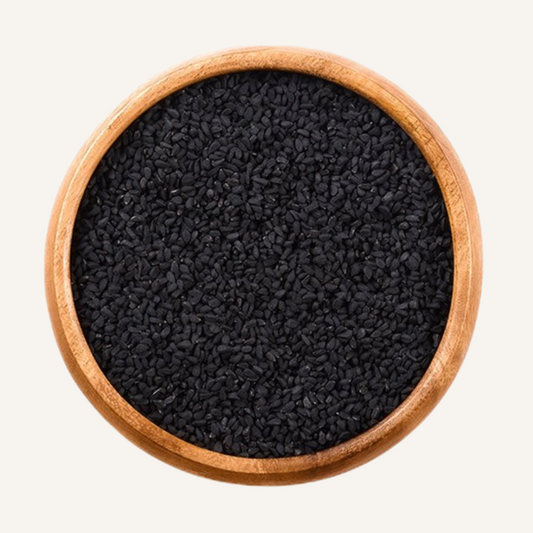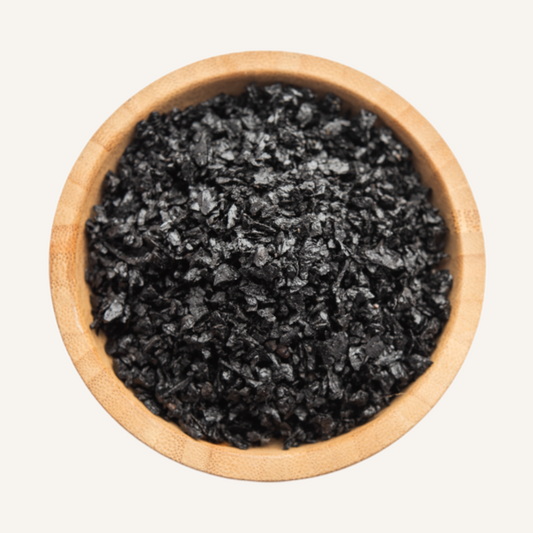
Happy National Honey Month!
Abdullaah KhanShare
Celebrating Honey: Nature’s Sweet Gift and Its Incredible Health Benefits
We’re buzzing with excitement as we celebrate the golden nectar of the bees, honey. September is the perfect time to acknowledge not only the delicious taste of honey but also the vital role that bees and beekeepers play in our ecosystem. Honey is far more than a sweetener for your tea; it’s a powerful health ally that’s been treasured for thousands of years.
Today, we’re taking a deep dive into the wonders of honey, particularly our pride and joy: Royal Yemeni Sidr Honey. This premium-grade honey, sourced from the Doani-Hadhramouti region of Yemen, is renowned for its purity and exceptional health benefits. Let’s explore why honey, and particularly Sidr honey, should have a permanent place in your kitchen and your wellness routine.
The Miracle of Honey: More Than Just a Sweet Treat
When you think of honey, you might immediately picture drizzling it over toast or adding it to your tea—but this golden liquid is so much more than a tasty topping. Honey, especially raw, unprocessed honey like our Sidr variety, is loaded with nutrients that can transform your health. Here’s why honey deserves to be celebrated this National Honey Month:
-
A Natural Energy Booster
Feeling sluggish? A spoonful of honey could be just the pick-me-up you need. Honey is rich in natural sugars—glucose and fructose—which are quickly absorbed into your bloodstream, providing an instant energy boost. Unlike refined sugars that spike your blood sugar, honey offers a more sustained energy release, making it a fantastic natural fuel for your day. -
Packed with Antioxidants
Raw honey is full of powerful antioxidants such as flavonoids and phenolic acids, which help to combat oxidative stress in your body. Oxidative stress is linked to chronic conditions like heart disease and cancer, and by consuming honey, you’re giving your body extra tools to fight off free radicals. This is especially true for Sidr honey, which has been shown to have higher levels of antioxidants than many other types of honey -
Immune System Support
Honey has antibacterial and antiviral properties, making it an excellent ally for your immune system. If you’re feeling under the weather, a spoonful of honey can help soothe a sore throat and even combat mild respiratory infections. The medicinal properties of honey have been recognized for centuries, and modern studies continue to support its role in supporting immune health( -
Soothing Digestive Issues
Honey isn’t just a remedy for colds; it can also aid digestion. The enzymes in honey help to break down food, and its prebiotic qualities promote the growth of healthy gut bacteria. If you’ve ever had an upset stomach, a spoonful of honey can help calm things down, especially when mixed with warm water and lemon. -
Skin and Wound Healing
Honey isn’t just for internal health—it has impressive external uses, too. Honey’s natural antibacterial properties make it an excellent wound healer. Applying raw honey to minor cuts, burns, or dry skin can help speed up healing and prevent infections. In fact, Sidr honey, in particular, has been used in traditional medicine for centuries for its superior wound-healing capabilities.
Why Royal Yemeni Sidr Honey is a Standout
You may be wondering: why Sidr honey? What sets it apart from other types of honey? The answer lies in the Sidr tree, a tree native to the mountains of Yemen. The honey produced by bees that feed exclusively on the nectar of the Sidr tree is revered for its unparalleled purity, flavor, and health benefits.
Sidr honey is harvested only twice a year and remains untouched by chemicals or modern farming methods, ensuring that it’s completely raw and organic.
At Sweet Health, we’re incredibly proud to offer this rare and precious honey, known not only for its deep, rich flavor but also for its therapeutic properties.
Whether you’re looking to strengthen your immune system, soothe your skin, or simply enjoy a delicious, natural sweetener, Royal Yemeni Sidr Honey is the perfect choice.
The Importance of Bees and Beekeepers
Of course, none of these benefits would be possible without the hard work of honey bees and the dedicated beekeepers who tend to them. Bees play a crucial role in pollinating the plants that make up the backbone of our food supply, including fruits, vegetables, and nuts. Without bees, our ecosystem would face enormous challenges.
That’s why National Honey Month isn’t just about celebrating honey—it’s also about raising awareness for the importance of sustainable beekeeping practices. At Sweet Health, we’re committed to supporting beekeepers who prioritize the health of their bees and the environment, ensuring that future generations can continue to enjoy the sweetness and health benefits of honey.
How You Can Celebrate National Honey Month
Want to join the celebration? Here are a few ways you can embrace National Honey Month:
- Try New Recipes: Honey is incredibly versatile. Use it in salad dressings, marinades, smoothies, or even as a natural sweetener in baked goods.
- Support Local Beekeepers: If you can, purchase honey from local beekeepers who use sustainable practices. This supports local economies and helps protect bee populations.
- Educate Yourself: Learn more about the importance of bees in our ecosystem and how we can protect them.
- Incorporate Honey into Your Wellness Routine: Whether you’re boosting your morning energy, soothing a sore throat, or caring for your skin, honey can be a valuable addition to your self-care rituals.
Let’s take this month to appreciate the wonder of honey, support the vital work of beekeepers, and spread awareness about the importance of protecting our precious pollinators.
References
- Healthline. "Honey: Benefits, Uses, and Myths." Retrieved from Healthline
- National Institutes of Health. "Therapeutic Benefits of Honey in Clinical Medicine." Retrieved from NIH
- Journal of the Saudi Society of Agricultural Sciences. "Nutritional and Medicinal Properties of Yemeni Sidr Honey." Retrieved from Journal of the Saudi Society of Agricultural Sciences
